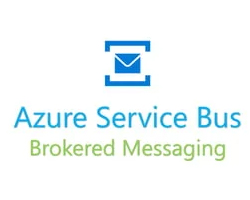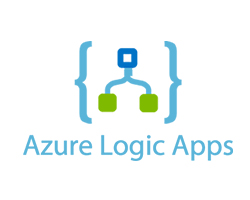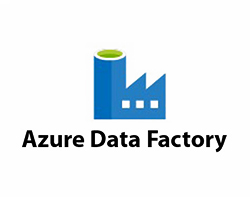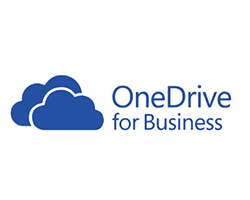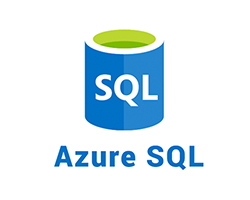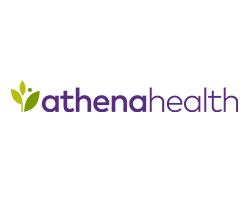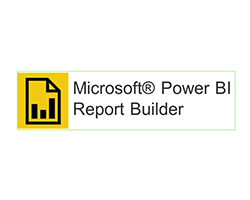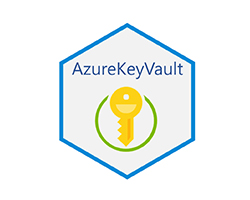The Challenge
The US-based patientcare company specializes in delivering in-home personal care to a vast network of 75,000 active patients. A critical challenge they faced was ensuring timely outreach to patients within 48 hours of hospital discharge. However, the obstacle lay in the non-uniformity of Admission, Discharge, and Transfer (ADT) data formats provided by various Health Information Exchanges (HIEs).
Each HIE operated with its unique data cadence (event-driven, hourly, or daily), transmission mode (email or FTP), and data format (XML, CSV, JSON, semi-structured text, RTF, HL7). Effectively processing such a diverse range of ADT data formats in near real-time was a formidable challenge.
The Solution
To address this challenge, a comprehensive solution was implemented. The key approach was to frequently poll various data sources for new ADT data. As all ADT data needed to be integrated into Salesforce Health Cloud, a common JSON structure was created to serve as a standard message format within Azure Service Bus. Upon message arrival, parallel insertion into Salesforce Health Cloud as encounter records was triggered.
Azure Function apps were developed to fetch and parse emails into the common JSON structure, with some mailboxes requiring client SSL certificates for authorization. Additional Azure Function apps were designed to parse HL7 messages using the HAPI HL7v2 Java library. For XML and CSV format messages, Azure Data Factory pipelines were established for efficient processing. HIEs that provided Continuity of Care (CoC) documents in RTF format had their data transformed into PDFs using Azure Logic Apps through Microsoft OneDrive. These PDFs proved valuable for reference by the care team during patient interactions.
The Result
The implementation of this solution significantly improved the patientcare company’s ability to provide quick and accurate services to their patients. With the ability to process diverse ADT data formats efficiently, the care team could promptly reach out to patients, ensuring assessment and medicine reconciliation within the crucial 48-hour window. This transformation not only enhanced patient care but also streamlined operations, reinforcing the company’s commitment to delivering exceptional healthcare services.
This client success story highlights how the US-based patientcare company overcame the challenge of non-uniform ADT data formats, ultimately enabling them to provide quicker and more effective care to their patients.
Tools and Platforms Used

